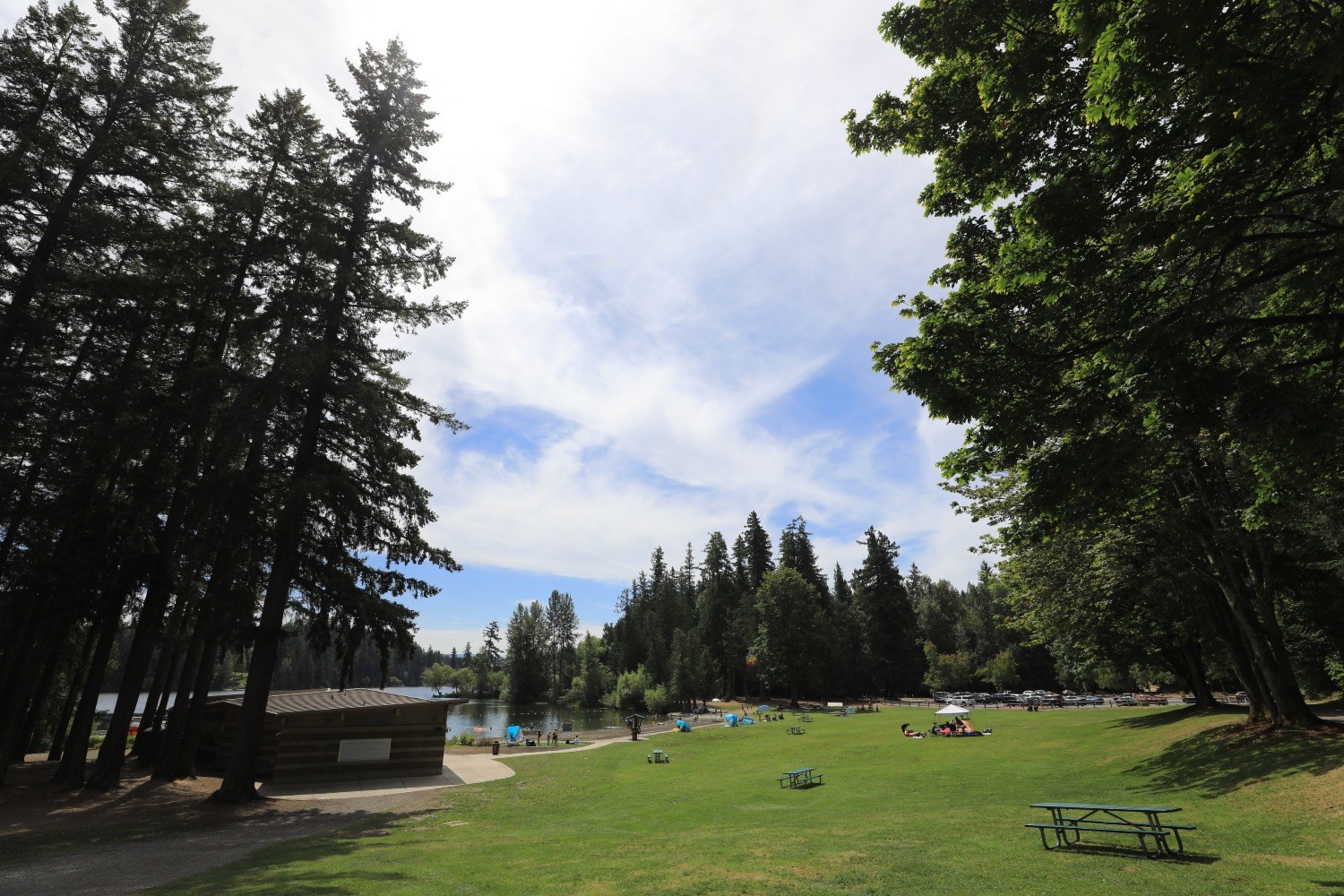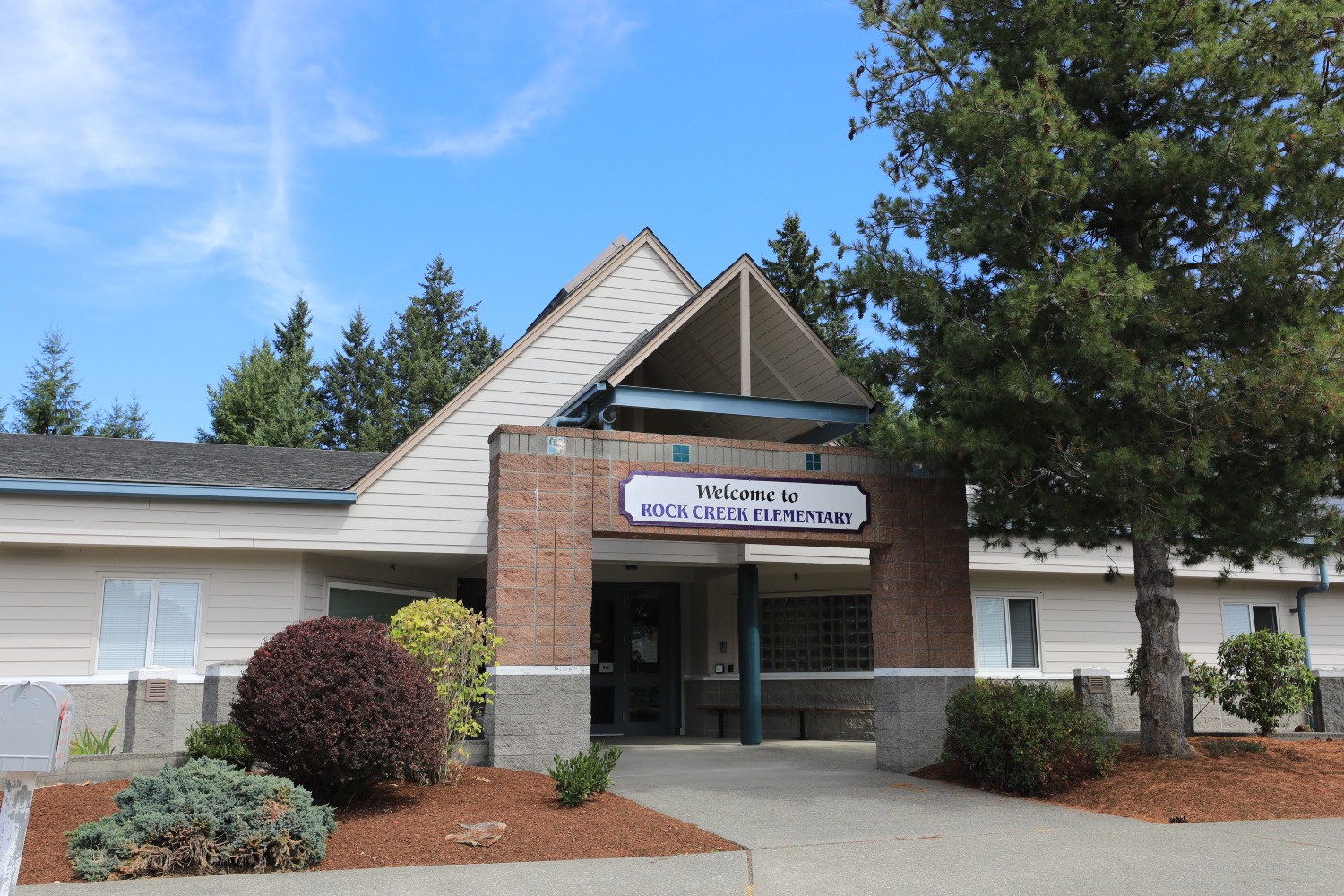Officials debate a code of ethics and certification for paraeducators
By Kelsey Turner / InvestigateWest
Washington state officials are considering a code of ethics for paraeducators, a step toward increasing oversight of these school employees who work closely with children yet lack the statewide oversight that other educators face.
Paraeducators assist teachers in classrooms and sometimes work one-on-one with students. Yet when complaints about paraeducator behavior arise, the state’s Office of Professional Practices does not have the power to investigate or discipline paraeducators. Discipline of paraeducators is instead at the discretion of individual school districts.
State officials called out that gap in oversight in a recent investigation by InvestigateWest, which found that Tahoma School District administrators repeatedly dismissed warnings that a former paraeducator was exhibiting “grooming-like” behavior. The district reached a $3.9 million settlement in a lawsuit filed on behalf of a young boy allegedly abused by the former paraeducator, Bryan Neyers, who is charged with sexually abusing several students. Neyers now awaits trial on Nov. 6.
If a code of ethics were created, Washington would join several other states in having uniform standards of conduct for paraeducators, giving the state an opening to investigate those who violate it. The state’s nine-member Paraeducator Board, administered by the Washington State Professional Educator Standards Board, will discuss the issue at a meeting open to the public on Sept. 27.
“Acknowledging the contributions of paraeducators and supporting them is the first step to preventing misconduct. That begins with aspirational goals, like a code of ethics,” said Erica Hernandez-Scott, executive director of the Professional Educator Standards Board, the state agency responsible for creating certification policy.
The board’s discussion follows the introduction of a bill in Washington’s Legislature in January that would have required the Professional Educator Standards Board and the Paraeducator Board to make recommendations for a code of ethics. Though the bill did not make it out of committee, it encouraged both boards to envision what a code might look like, according to Hernandez-Scott.
A code of ethics alone, however, is not enough to enable the state to hold paraeducators accountable, according to Catherine Slagle, director of the Office of Professional Practices. Slagle supports a requirement that paraeducators be certified, enabling the state to suspend or revoke their certificates in cases of misconduct.
“With a paraeducator right now, there’s never been a certificate issued to them that allows us to take action against them,” Slagle said.
Creating accountability
When certificated educators like teachers, principals and counselors are reported for misconduct in Washington, the state’s response is more rigorous.
The Office of Professional Practices investigates the allegations, gathering evidence and conducting interviews. Depending on the findings, investigations can lead to educators’ licenses being suspended or revoked, preventing them from working in any district.
But employees without licenses, like paraeducators, attendance clerks, cafeteria workers and custodians, can only be investigated by local school districts. And even when they are fired, they may find work at another district.
Several states have policies in place that enable them to investigate and discipline paraeducators in public schools. In Georgia, for example, all paraeducators must hold a valid license issued by the state’s professional standards commission and comply with a code of ethics. Paraeducators can have their certificates revoked, barring them from being employed in any school district in the state.
David Pumphrey, chief investigator at the Georgia Professional Standards Commission, said paraeducator investigations follow the same process as teacher investigations.
“If (other states) are using paraprofessionals in the same way that we’re using them, I would say it’s probably a good idea to have them certified or at least get the background clearance done,” Pumphrey said.
If Washington’s Paraeducator Board moves forward with a code of ethics, it would be developed jointly by paraeducators, labor associations and the Professional Educator Standards Board. Public School Employees of Washington SEIU Local 1948, a union representing paraeducators in Washington, denied several requests for comment from InvestigateWest.
The ability of the state to discipline paraeducators is especially important in cases where misconduct hasn’t risen to the level of a crime, Slagle noted, as the state could take action even if law enforcement officials are unable to. Grooming behavior, which can be subtle, often falls into this category.
“We see a lot of educators where there’s grooming behavior, but it doesn’t get to a criminal act. So we have the ability to investigate and take action against their certificate,” Slagle said. “I think we would see that with paraeducators, too, if we were able to take action against a certificate.”
Mandatory reporting
If state education officials gain jurisdiction over paraeducators, they could investigate complaints that school districts file with the office. But in instances where district administrators dismiss complaints raised about an employee — as is alleged in the case of Neyers — a report might never make it to the state, Slagle said.
For this reason, when school personnel have reasonable cause to believe child abuse has occurred, it’s crucial for them to follow through with state law mandating them to report it to law enforcement or the state Department of Children, Youth and Families, said Chris Johnson at the King County Sexual Assault Resource Center, a nonprofit organization serving people affected by sexual violence.
“It’s really up to DCYF or law enforcement to do the investigation into what is going on. It’s a school’s responsibility to report these allegations,” Johnson said.
But much of the time, suspicions of child abuse aren’t black and white, leading school personnel to first report it to their administrators rather than going straight to law enforcement, Johnson said. King County residents who aren’t sure if a child abuse concern is severe enough to report to law enforcement can call the center’s 24/7 confidential resource line and talk to a sexual violence advocate for advice on how to proceed.
To root out misconduct, Johnson and Slagle agree that statewide policies standardizing paraeducator employment, such as certification and increased training requirements, could be useful — but only if they’re backed with funding for schools to conduct more training and for the state to do more investigations.
“Schools just don’t have capacity to take on more unfunded mandates,” Johnson said. “If we were to provide comprehensive guidelines for schools and give them that technical support, I think that would go a long way in preventing this.”
FEATURED IMAGE: Bryan Neyers is accused of raping a boy during a summer field trip at Lake Wilderness Park in 2014 while working as a care provider at the Tahoma School District’s summer enrichment program. (Scott Eklund/InvestigateWest)
InvestigateWest (invw.org) is an independent news nonprofit dedicated to investigative journalism in the Pacific Northwest. Reporter Kelsey Turner can be reached at kelsey@invw.org.
The King County Sexual Assault Resource Center’s 24-hour Resource Line is available seven days a week with free, confidential help and information at 1-888-99-VOICE (1-888-998-6423). More resources are available at www.kcsarc.org.




